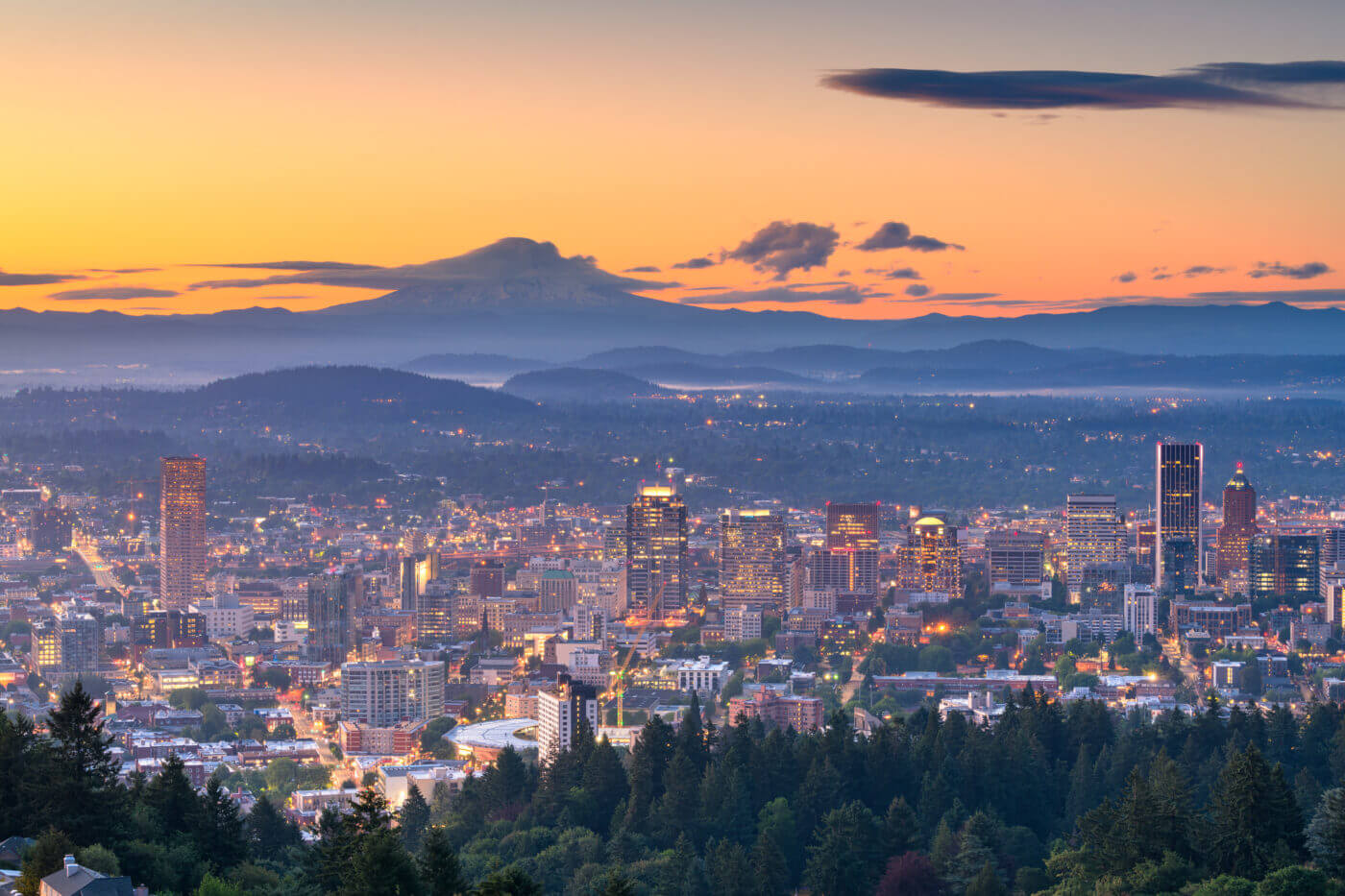
States, start your engines: The race for Climate Pollution Reduction Grants is on!
The Environmental Protection Agency (EPA) has announced Phase 2 of the Climate Pollution Reduction Grants (CPRG) program to implement the Priority Climate Action Plan (PCAP) planning grants funded in Phase 1. This includes a $4.3 billion general competition to help states and municipalities implement measures to reduce greenhouse gas (GHG) emissions and other air pollution. EPA also announced $300 million for tribes and territories.
The focus of the implementation grants is to fund policies and projects that reduce GHG emissions, bring benefits to communities, and are transformative. There are several eligible categories, including: electric power, transportation, industry, residential and commercial buildings, waste and materials management, and agriculture/natural and working lands.
To be eligible for an implementation grant, the project must be covered by the PCAP – and states must complete their PCAP by March 1, 2024. The CPRG application deadline for the general competition is April 1, 2024. This schedule leaves only one month between the PCAP and the application deadline for states and municipalities to apply. Developing applications in this timeframe will require proactive engagement across state agencies and municipalities while the PCAP is still in development.
How EPA will evaluate projects
A project may be funded solely by the CPRG implementation grant; add to a project already underway, so that the expansion is funded by the CPRG implementation grant; or apply to a project partially funded by other means. EPA is encouraging projects to incorporate other federal funding sources where applicable. EPA will not award more than one project in the same location for the same GHG reduction measure and is encouraging the creation of coalitions to foster collaboration. Coalitions can be comprised of multiple state agencies, municipalities and states, or multiple states that work together. Each member of the coalition must be an eligible applicant on their own however, so public-private partnerships can not apply. Applicants may submit one application as an individual and one application as the lead entity in a coalition and may also serve as a partner in multiple coalitions.
All projects will be evaluated using criteria established by EPA, including:
- Overall project: GHG reduction measures alignment with PCAP, funding need relative to other funding streams, and transformative impact;
- GHG reduction measures: short- and long-term potential impact, cost effectiveness, and methodology for calculations;
- Expected outcomes and performance measures: tracking and reporting progress, timelines, and responsible entities;
- Community benefits and engagement: how the project will benefit and avoid disbenefits to low-income and disadvantaged communities, and include meaningful engagement and input from communities into the application;
- Job quality: commitments to labor standards, job quality, diverse and skilled workforce;
- Past performance: demonstration of successfully managing and completing and reporting on previous grants, and staff expertise and resources to achieve project; and
- Budget information: demonstrating approach to spending grant funding timely and reasonably.
Recommendations for states and municipalities
Given the enormous potential of this funding opportunity and short deadlines, all parties should be prioritizing coordination and information sharing to maximize the potential funding available for release through implementation grants. The following recommendations are intended to support early coordination, deep emissions reductions, and benefits to communities.
States developing a PCAP
If you are a state agency developing a PCAP, you can take several steps now to help the implementation grants process go smoothly, including:
- Establish a point of contact for interested parties in your state to learn about the PCAP process and provide input to inform future implementation grant applications.
- Set up a webpage for the PCAP to share updates, outlining the draft scope of the PCAP, to give other agencies and municipalities an opportunity to plan, engage, and give feedback.
- Reach out to underserved communities to make sure they know how to work with you and to learn the types of implementation grants they may wish to pursue to incorporate into the PCAP.
Municipalities
Municipalities are eligible for implementation grants for measures covered by the state PCAP or an applicable metropolitan area’s plan. If you are interested in applying for an implementation grant, you will need to proactively engage with your state and other municipalities to position yourself well to apply. Actions you can take now include:
- Find the lead agency for the PCAP in your state, listed in the awards PDF on this website.
- Advocate for your project to be covered by the PCAP.
- Coordinate with other municipalities and state agencies to form coalitions and organize to avoid submitting more than one implementation grant for the same GHG reduction measure in the same jurisdiction. This can include tribes.
These implementation grants are an opportunity to create tangible benefits in your communities. Think broadly about the types of projects that could be funded. For example, jobs training programs, or air quality monitoring, could help communities to develop workforce and understand local impacts and track benefits from developing projects in their state to implement the PCAP.
If you have questions about this program, please reach out to John Carlson.




